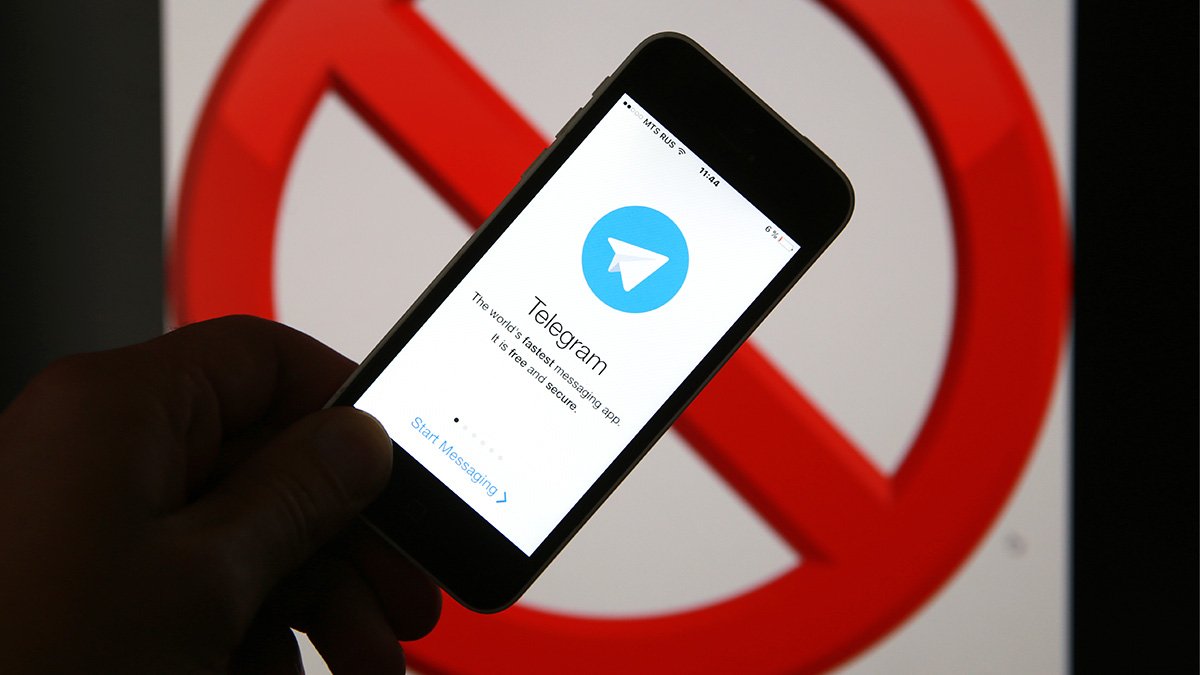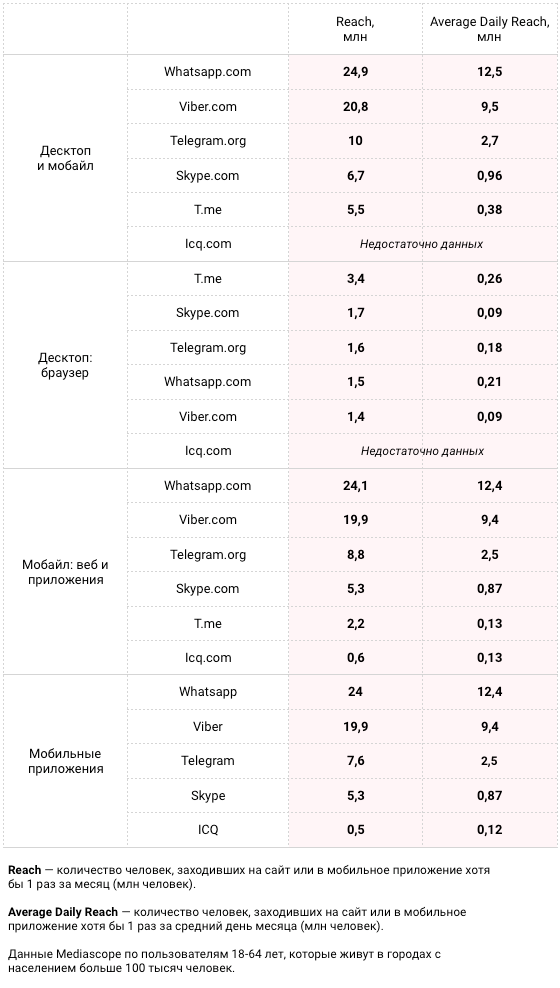Telegram is blocked, but it seems to work. Why?

Last week, the judge of the Tagansky Court, Yulia Smolin, granted the application of Roskomnadzor to block the Telegram messenger. Two minutes before the post was published, Roskomnadzor began a technical procedure for blocking the messenger. However, it is still available. Some users sometimes fail, but in general, the messenger (so far) continues to function properly in the Russian Federation. What is going on?
The fact is that the ruling, as many guess, is not all. The messenger will stop working after the technical means of blocking is activated. When exactly? The head of Roskomnadzor decided not to say: “Can you imagine the fighting going on and you say:“ And when will you start the attack? ”Well, in the near future. When I attack, I won't say. ” It is worth a little to open this veil of secrecy.
The work of the project of Pavel Durov in Russia is blocked according to Art. 15.4 of the Law “On Information and Information Technologies”. It is this article that allows law enforcement to restrict access to the resources of the organizers of information dissemination, if the latter violate the law. An example of a violation is the failure to provide the state authorities with the information that is needed to decrypt user messages.
')
In 2017, Telegram repeatedly argued about this with Roskomnadzor and its head, Alexander Zharov. The lock threatened the messenger last year, but somehow it did. Although the subject of the dispute was somewhat different - then the agency required the company to enter information into the register of distributors of information, and not keys to access encrypted chat rooms. Then, having received the necessary data, Zharov promised not to do anything about Telegram.
As it turned out, the messenger still demanded the keys, not this year, but last year. The FSB requested information to decode messages from Telegram back in April last year, that is, exactly a year ago. The company had to fulfill the request until July 19. The requirement is not met. According to the rules, an employee of Telegram was to appear in the FSB to sign an administrative offense protocol. The employee did not go anywhere, which cost the company a fine of 800 thousand rubles. Well, the FSB turned to Roskomnadzor, who nevertheless began to take action against the messenger.
In all this business there are some incomprehensible moments. For example, in the Roskomnadzor registry, the Telegram web service (web.telegram.org) is labeled “access is not limited.” True, representatives of the ministry say that this information is not true, but what kind of information is unclear.
In addition, getting Telegram in the registry does not mean blocking the resource. The fact is that the blocking of services and sites should be carried out subject to a number of formalities. So, after a court decision is made, Roskomnadzor must notify the company on whose servers the service is hosted on the need to restrict access to services. If the hoster does not follow the prescription, the Roskomnadzor begins blocking.
“We do send a notification to the hoster (a formal legally significant procedure), technically prepare (I will not tell the nuances, this is how to merge the offensive map into public) and after a short time proceed to the technical implementation of the court decision,” commented the situation.
It is clear that the messenger will not block Roskomnadzor (meaning the technical procedure, and not legal). Working with this is the responsibility of telecom operators. Upon receipt of information on sites that are subject to blocking, operators will use specialized mechanisms to carry out the instructions of the department. So far, Roskomnadzor has not given the command to block the messenger, but after this happens, the operators will have only a day to complete the task.
In order for the lock to work, you need to "close" not only the address, but also the IP. Without this, the messenger will continue to work. But even after the fulfillment of all the prescriptions, all is not lost. In China, for example, Telegram has long been blocked, but you can use it - you need a VPN for this.
And just as a proxy and VPN in Russia are very popular. For example, the number of installations of a specialized bot, which helps to bypass the Telegram blocking, did not exceed 2000 per day. But after the court decided to close the access to the messenger, users became more active. On Thursday, the bot was installed 67,000 thousand times. On Friday - half a million, on the weekend 120,000. In March of this year, the total number of Telegram users from the Russian Federation was 12.4 million.

Source: vc
By the way, Pavel Durov at the end of last week announced that Telegram itself would contain methods of bypassing locks, which would not require any action from users. However, without VPN access to the messenger can be difficult. In turn, Roskomnadzor threatened to take action against the VPN, if the services provide access to the messenger for users from Russia.
Note: When commenting on this material, please follow the rules of Geektimes . Please refrain from insults and toxic behavior. Postmoderation works in the comments.
Source: https://habr.com/ru/post/356272/
All Articles